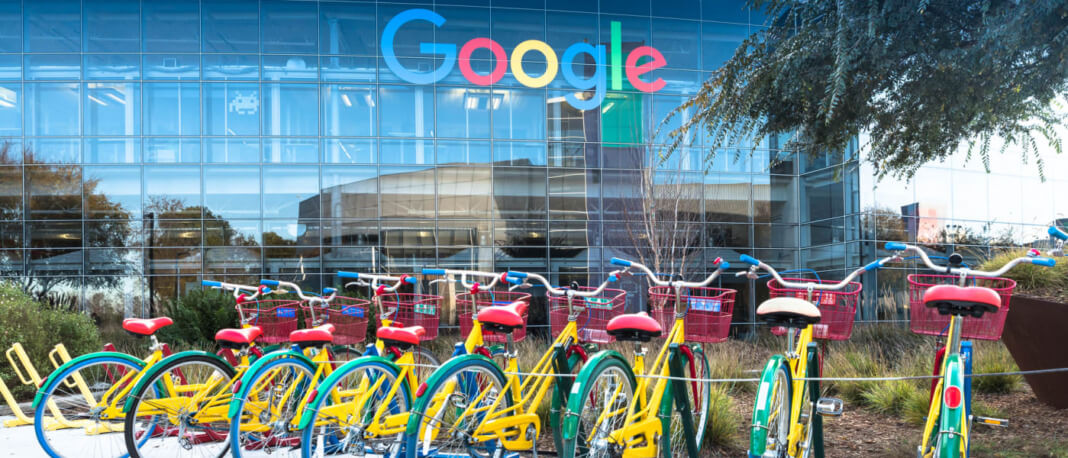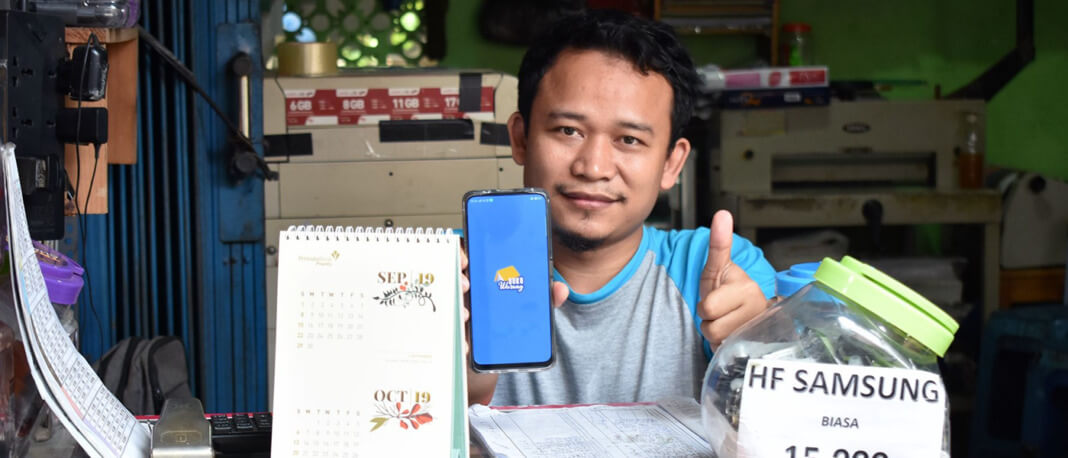Several Investors, including KKR and Tencent from China, announced US$120 million in investment commitment for Voyager Innovations, a tech company based in the Philippines backed by a local telco major PLDT.
Other companies that will join the investment include the its parent firm and IFC which is an asset management company, as well as Emerging Asia Fund.
This latest injection comes after the group’s first investment into Voyager back in 2018, which is stated to be around US$215 million. It is also a part of a more extensive raise for the company that is intended to support the growth of PayMaya, its online payment offering, a statement revealed.
PayMaya is an e-wallet launched in 2015 that enables people to send remittances, receive money, make online payments, and pay bills. The platform also provides government units with disbursement services and digital payments.
“In line with the country’s goals, we have made significant strides in spurring cashless adoption in a largely unbanked population,” stated Orlando Vea, the CEO, and founder of Voyager. He added that, “this funding boosts PayMaya’s ability to reach more Filipinos, especially as access to digital financial services becomes even more important.”
PayMaya’s competitor in the Philippines, GCash, is offered by PLDT rival, Globe Telecom. Both platforms are part of a proxy war between Alibaba and Tencent, with Alibaba backing GCash through Mynt, its parent, in 2017.
Other major players in the space include GrabPay by Singapore ride-hailing giant Grab and Coins.ph, acquired by the Indonesian unicorn, Gojek.





